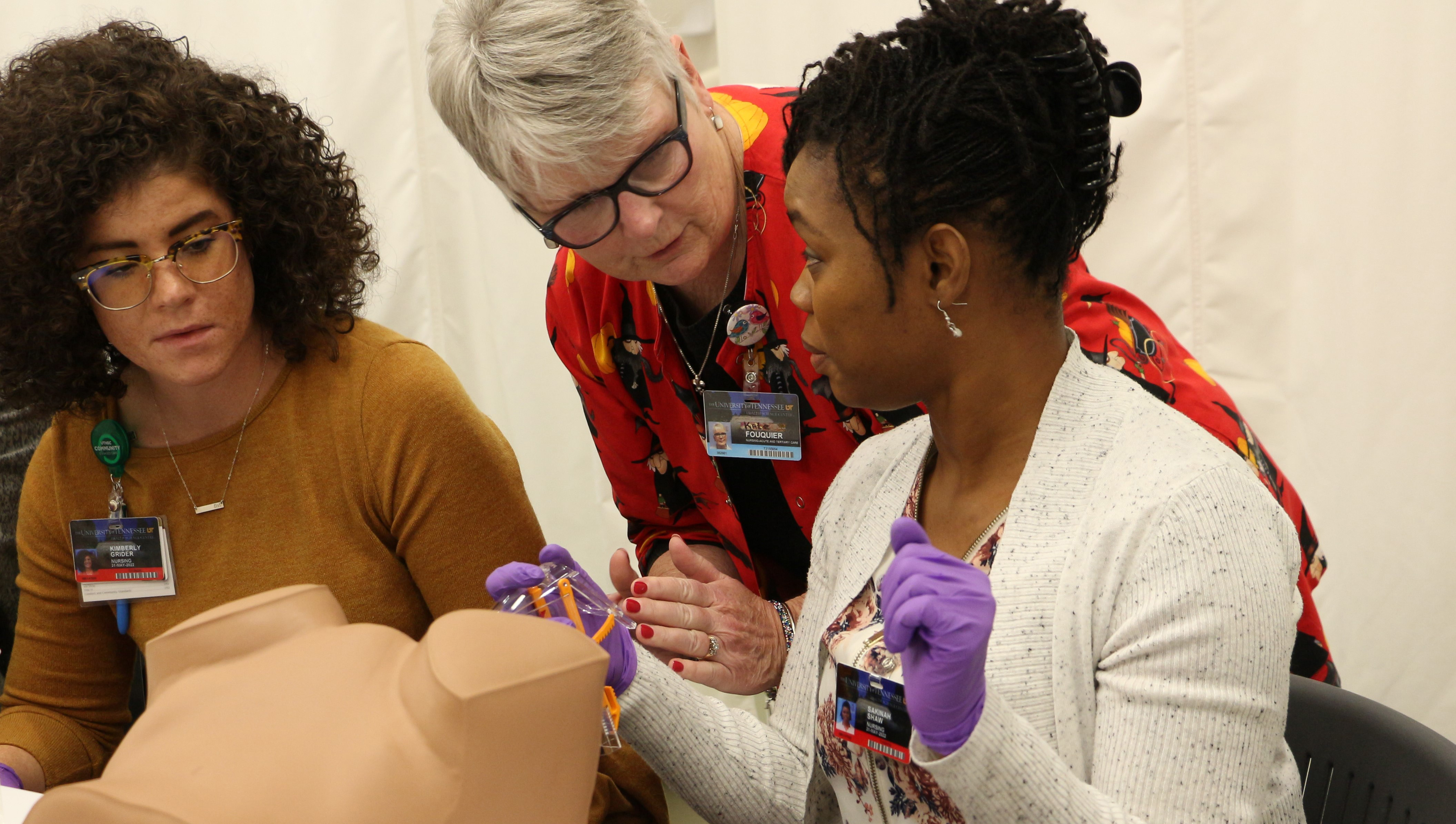DOI
10.21007/con.dnp.2022.0032
Faculty Advisor
Diana Dedmon, DNP, APRN, FNP-BC
Document Type
Poster
Publication Date
Spring 4-27-2022
Disciplines
Analytical, Diagnostic and Therapeutic Techniques and Equipment | Diseases | Endocrine System Diseases | Endocrinology, Diabetes, and Metabolism | Health and Medical Administration | Health Services Administration | Health Services Research | Investigative Techniques | Medicine and Health Sciences | Nursing | Nursing Administration | Nutritional and Metabolic Diseases | Quality Improvement
Abstract
Purpose/Background: By reviewing multiple studies related to the treatment of patients with new diagnoses of diabetes, this scoping review will endeavor to determine which interventions, when implemented for patients over 50 years old which are newly diagnosed with type 2 diabetes, can decrease the likelihood of hospital readmission related to diabetes within 90 days when compared with those patients who did not receive or participate in follow-up.
Methods: For resources to be eligible to review they had to be from 2015 or after. Studies selected included patients over the age of 50 newly diagnosed with type 2 diabetes subject to interventions specifically designed to decrease readmission rates. Sources for this review were obtained through University of Tennessee Health Science Center Library online resources (EBSCO), Google scholar, and the National Institute of Health (PubMed). Demographic and pathophysiological data points considered included age, race, co-morbidities, socioeconomic status, and whether patients were covered by a health insurance plan. Dependent variables included number of readmissions, weight, hemoglobin A1C levels. Independent variables accounted for in the selection of studies were predischarge teaching, follow-up by telemedicine, outpatient or inpatient visit, med-to-bed by inpatient pharmacy, and inpatient dietary teaching and/or diabetes education.
Results: Three articles report telemedicine follow-up increasing the reduction of readmission. Seven articles report multidisciplinary follow-up increasing the reduction of readmission. Nine articles report discharge planning increasing the reduction of readmissions. Eleven articles report lifestyle modification increasing the reduction of readmissions. Seven articles report comorbidity improvement increasing the reduction of readmission.
Implications for Nursing Practice: Reducing diabetes readmissions will reduce healthcare costs, while improving patient outcomes. Improving the discharge process to decrease hospital readmission after the diagnosis of type 2 diabetes should be at the forefront of change for nurses and providers.
Recommended Citation
Miller, Nathan DNP, AGACNP, FNP; Harris, Jasmine DNP, FNP; Clardy, Michael DNP, AGACNP; and Dedmon, Diana DNP, ACNP, FNP-BC , "Prevention of Diabetes-Related Hospital Readmission Following Initial Diagnosis of Diabetes in Patients Over the Age of Fifty: A Scoping Review" (2022). Doctor of Nursing Practice Projects. Paper 32. http://dx.doi.org/10.21007/con.dnp.2022.0032.
https://dc.uthsc.edu/dnp/32
Included in
Endocrine System Diseases Commons, Endocrinology, Diabetes, and Metabolism Commons, Health Services Administration Commons, Health Services Research Commons, Investigative Techniques Commons, Nursing Administration Commons, Nutritional and Metabolic Diseases Commons, Quality Improvement Commons


